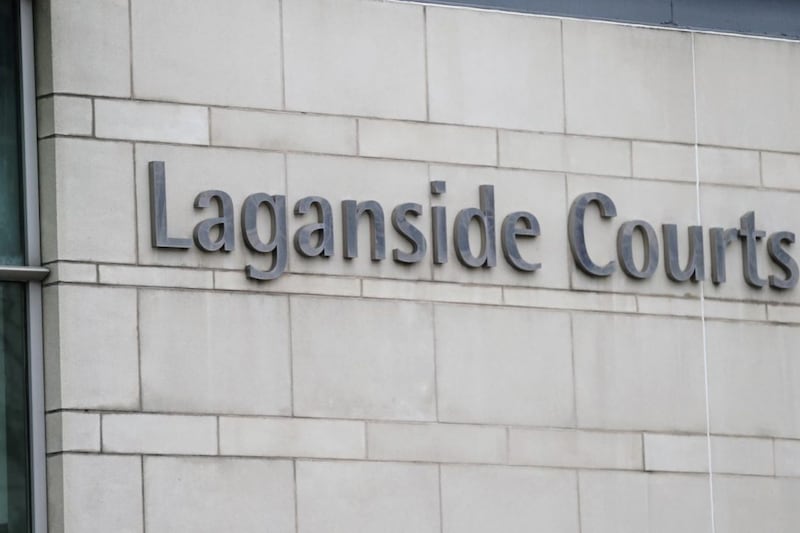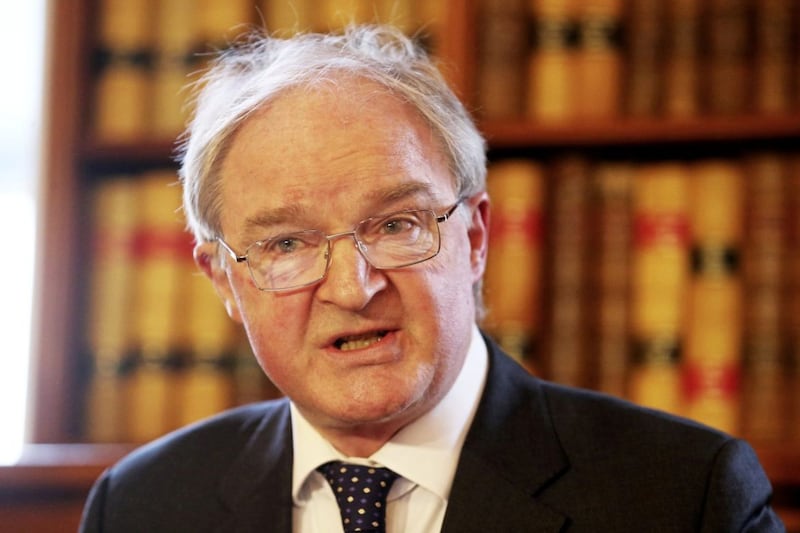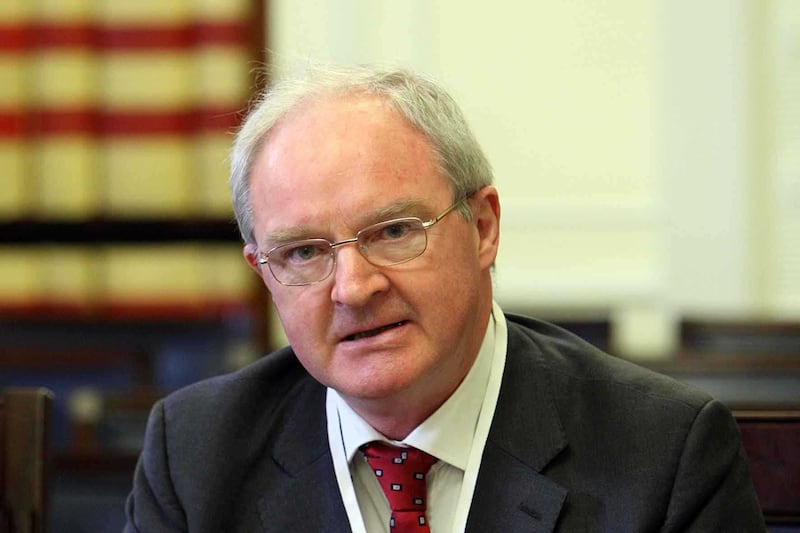THE Lord Chief Justice is to meet all victims' families next month as part of his review of legacy inquests.
It will be the first time Sir Declan Morgan has met such a large group of those bereaved by controversial killings and he will seek their views on how matters can be dealt with quickly.
He has asked Lord Justice Weir to conduct an intensive review of 56 long-delayed cases covering 95 deaths which are still in the coronial system.
Stalled inquests include killings carried out by paramilitaries and security forces - many involve claims of collusion or state wrongdoing. Some are being held for the first time or reheard after referrals by attorney general John Larkin QC.
Lord Justice Weir said: "Quite a lot of people feel that such a long period of time has elapsed without a decisive outcome that they would rather...that they would like the matter to be brought to conclusion in their lifetimes."
The Lord Chief Justice took over responsibility for the coroner's service late last year.
Lord Justice Weir is assessing whether hearings will be held within the next two years or later, if at all. He is also investigating whether full inquests will require a presiding high court judge, county court judge or a coroner.
A solicitor for the coroner said: "The Lord Chief Justice has invited all the families involved in the legacy cases to a meeting on February 12 where we will give them an opportunity to give their views on how best to ensure that all the cases are progressed as expeditiously possible through the inquest system."
A review was held in Belfast into the deaths of Charlie and Tess Fox, who died in September 1992 when UVF gunmen broke into their home in Moy.
A number of other cases have been linked to the murders.
Lord Justice Weir noted the prospect of holding a "super inquest" into a number of related deaths but warned that could take much longer to arrange.
Fox family solicitor Peter Corrigan told the court his clients favoured an inquest.
"We believe that it can be carried out and effectively investigated through the inquest process with a widened scope."








